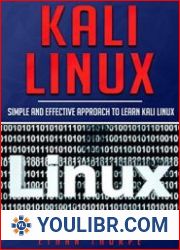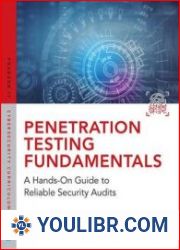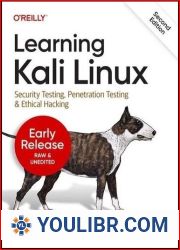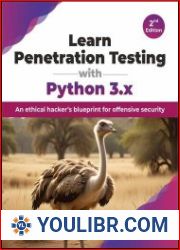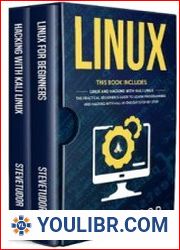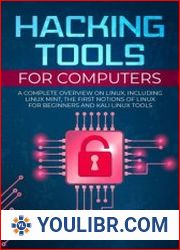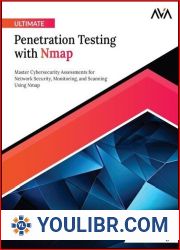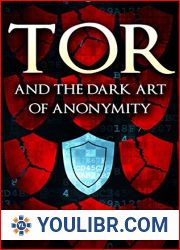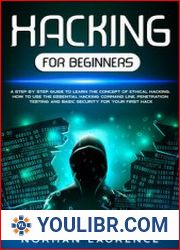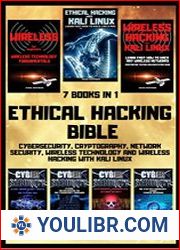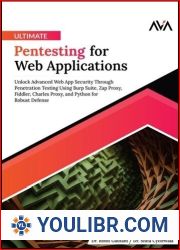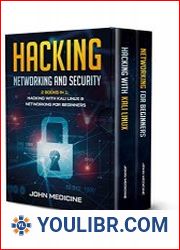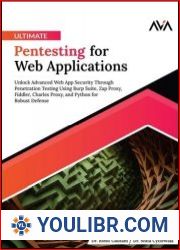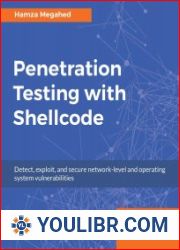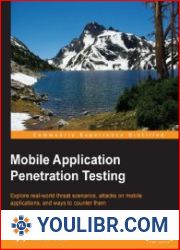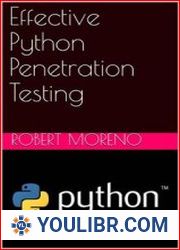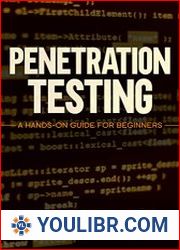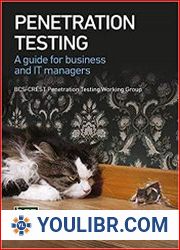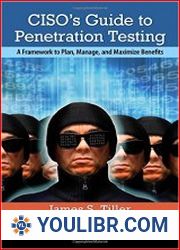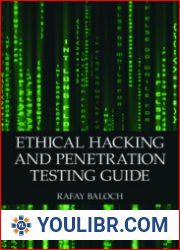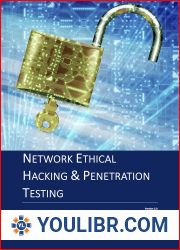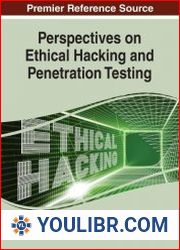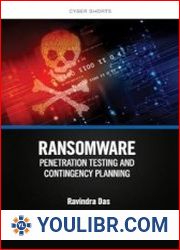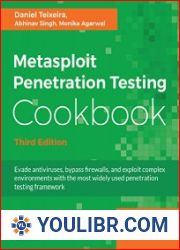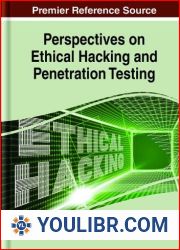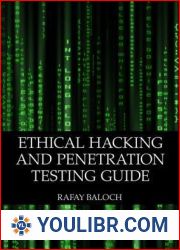
BOOKS - Learning Kali Linux Security Testing, Penetration Testing & Ethical Hacking, ...

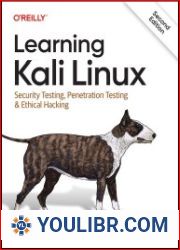
US $7.75

310719

310719
Learning Kali Linux Security Testing, Penetration Testing & Ethical Hacking, Second Edition (Final Release)
Author: Ric Messier
Year: 2024
Format: EPUB
File size: 15.1 MB
Language: ENG
Year: 2024
Format: EPUB
File size: 15.1 MB
Language: ENG
With hundreds of tools preinstalled, the Kali Linux distribution makes it easier for penetration testers and other professionals to get started with security testing quickly. But with more than 600 tools in its arsenal, the Kali Linux can also be overwhelming. The new edition of this practical book covers updates to the tools, including deeper coverage of reverse engineering. Author Ric Messier, principal security consultant with Mandiant, also goes beyond strict security testing by adding coverage on performing forensic analysis, including disk and memory forensics, as well as some basic malware analysis. You'll also find review questions throughout the book to help you test your knowledge as you learn. Kali Linux is a specialized distribution of the Linux operating system based on Ubuntu Linux, which in turn is based on Debian Linux. Kali is targeted at people who want to engage in security work. This may be security testing, it may be exploit development or reverse engineering, or it may be digital forensics. One idea to keep in mind about Linux distributions is that they aren’t the same. Linux is really just the kernel— the actual operating system and the core of the distribution. Each distribution layers additional software on top of that core, making it unique. In the case of Kali, what gets layered on are not only the essential utilities but also hundreds of software packages that are specific to security work. This edition includes a new chapter on digital forensics, as there is a significant collection of tools that can be used for this purpose. In addition to network tools like Wireshark and others discussed in other chapters, there are tools that can be used for dead disk forensics, as well as for malware identification and some memory captures.








